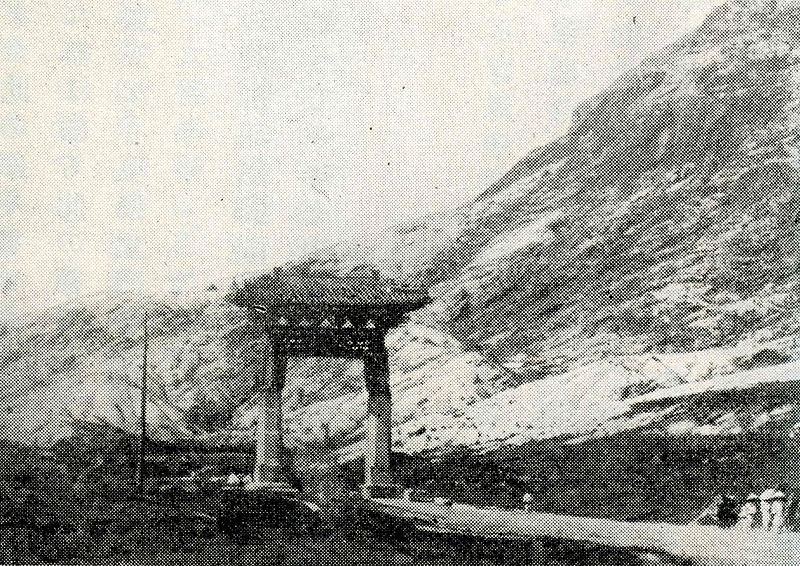
Photo Credit: Wikipedia.com
Korean political history and culture are inextricably linked to China's . The picture above of 迎 恩 門 (Yingenmen or Yeongeunmun in Korean) was where Chinese imperial envoys were welcomed by Korean kings. Korean kings also knelt and bowed toward the direction of Beijing as the envoys left the gate. Thus, the name of the gate, Gate (門 ) for Welcoming (迎) Imperial Benevolence (恩).
In fact, Koreans were so crazy about all things Chinese that they named a lot of their important cities and rivers for China and the Chinese. For example, the Joseon capital (what is now Seoul) was Hanseong or 漢城 (Hancheng, or City of the Han Chinese). Similarly the Han River that runs through Seoul is 漢江 (Hanjiang, or the River of the Han Chinese). Interestingly, the modern name for Korea (in use since 1897) 韓國 (Hanguo in Chinese or Hankook in Korean) is based on the ancient Chinese state by the same name during China's Warring States period.
Because of modern-day nationalism, Koreans don't emphasize the Chinese origin of their place names. That's really too bad because history should not be rewritten to suit modern taste. Let's give back to history its own voice...


No comments:
Post a Comment